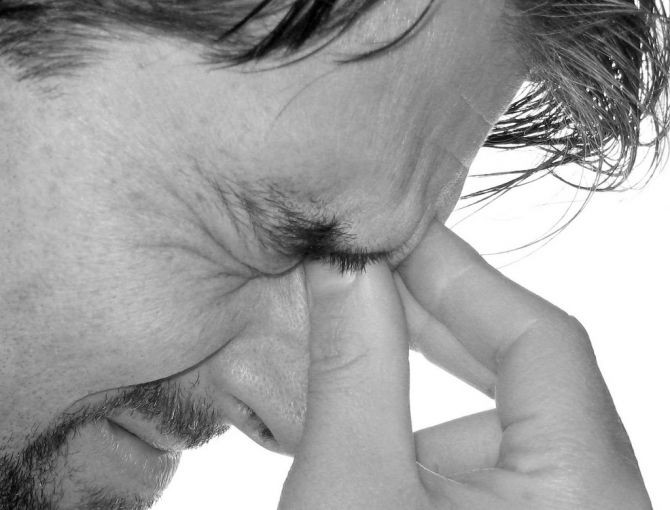Botox Only Modestly Helpful in Migraines

Botulinum toxin A is only modestly effective in relieving headaches says a new study published in the Journal of American Medical Association.
The study found that Botulinum toxin A does not help in treating episodic migraines in people. Botox was modestly helpful in reducing chronic daily headaches and migraines.
Botox injection (onabotulinumtoxinA) was approved by Food and Drug Administration in 2010 to prevent headaches in adult patients with chronic migraines. The agency had defined chronic migraine as having a history of migraine and experiencing a headache on most days of the month.
For the study, researchers analyzed studies available on the topic between 1966 and March 15, 2012. They looked at random-controlled trials comparing botulinum toxin A and placebo or any other way that headaches are treated in adults. A total of 27 studies were chosen for the study.
The researchers said that the side effects of botulinum toxin A included, among others, neck stiffness, neck pain and muscle weakness.
“There is clearly evidence of benefit for people who are suffering from chronic migraine,” said lead author Dr. Jeffery L. Jackson from Medical College of Wisconsin to Reuters Health.
“It still demonstrates that for chronic migraines this is the treatment of choice. We have seen clinically that patients’ headaches have been significantly reduced. It is not a cure. It is maintenance therapy. This is the best treatment we have to date,” said Robert Duarte, director of Pain Center at the Cushing Neuroscience Institute to Bloomberg Businessweek.
According to Irvine, California based company’s annual report, therapeutic uses of Botox accounted for 50 percent of its $1.59 billion sales worldwide. Other uses of Botox include severe underarm sweating and urinary incontinence.
The drug costs nearly $1000 and injections aren’t typically covered by insurance, said Jackson.
Published by Medicaldaily.com



























